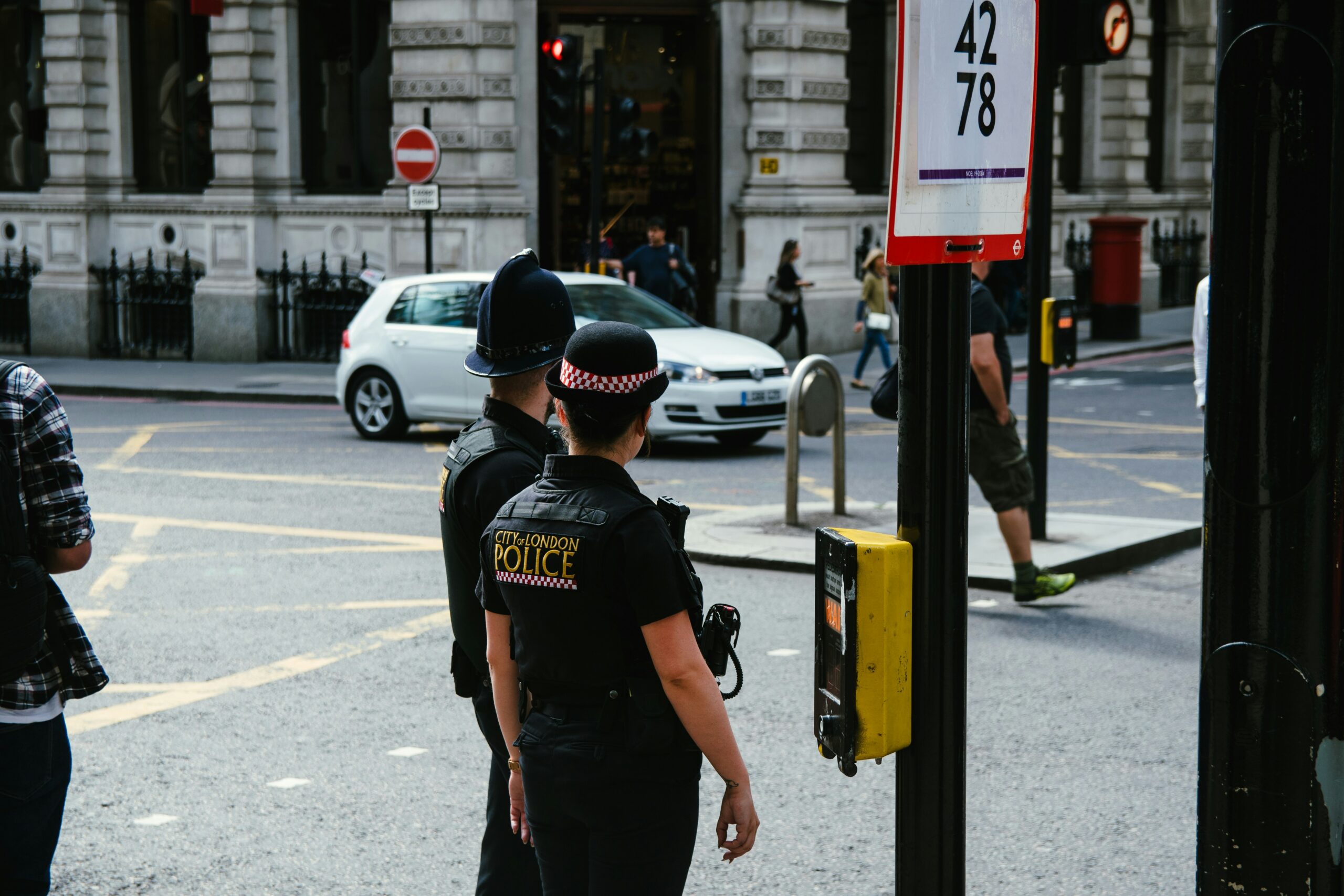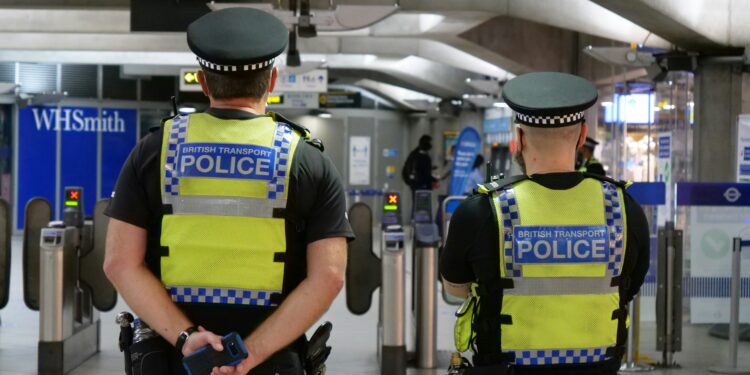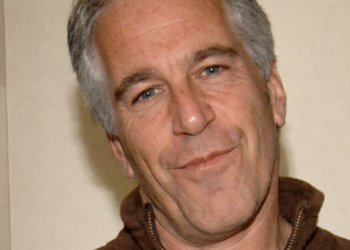One moment you’re sitting on a train heading to London, the next there’s panic, blood and people running for safety, that’s what happened in the UK train horror that police are saying isn’t terrorism, even though the attack shocked everyone following the news.
A normal train journey between Doncaster and London turned into pain and panic when passengers were stabbed by two men, with several people rushed to hospital and some still fighting for life. Police arrested two suspects almost immediately at Huntingdon station, and even though officers quickly said it was not terrorism, the shock still hangs heavy across the UK. The speed of the police statement shows how sensitive and tired the country has become about violent incidents and identity debates, especially when knives are involved.
At first, the situation looked like something out of a nightmare, screams on a moving train, passengers running between carriages, and armed police storming the platform when the train stopped. Families and ordinary commuters were simply trying to travel, yet within minutes the calm journey became a trauma scene. It is difficult to imagine the fear in those moments, especially for children or elderly passengers who had no idea what was happening. The confusion, blood, noise and chaos must have felt endless, even though police say the arrests happened fast. Quick action saved lives, but the emotional damage is deep.

Fear and Facts Collide
One thing always happens after attacks like this: opinions move faster than facts. Before police even finished clearing the train, social media already turned into a battlefield of assumptions. People online rushed to link the crime to outsiders, to immigrants, to race politics. But police were clear, both suspects are British-born men. Even when the authorities say the incident is not terrorism, the public tension remains because many people do not know what to believe anymore.
In moments like this, society shows its stress. Britain has been arguing about crime, immigration and identity for years, and attacks like this pour fuel on that fire, even when the official statement tries to calm nerves. When people hear such violence happened in a supposedly safe place, inside a train, it creates a new type of insecurity, the feeling nowhere is normal or safe anymore.
Knife Crime Problem Getting Worse
Knife crime in the UK has been rising for years, and this attack proves again that it is a serious problem. Many adults grew up believing Britain was a place where guns were rare and knives were only in kitchens, but that idea feels old now.
Politicians talk, police arrest, yet violence keeps happening. It is painful to accept that a modern country still struggles with such street-level danger. Every time there is another stabbing, whether on a bus, train, street or school, you can almost hear the country sigh.
Leaders may say “not terrorism” but that does not remove the fear.
Human Pain First, Politics Later
Before any debates about race or social media noise, humans suffered. Real families waited at hospitals. Real people cried. Witnesses described blood on seats and strangers protecting strangers. That is the part that matters most. Politics always tries to jump in fast, but human pain does not need spin. People on that train will carry the fear in their bodies and minds for a long time.
Some tried to stop the attackers. Some helped the injured. That humanity should not be lost in the noise. Even in horror, bravery was there.
Not Terrorism, But Still Trauma
When police say “not terrorism,” they mean it in a technical way. But emotional terrorism, the fear, the shaking, the panic already happened in people’s hearts.
Violence does not need a political motive to traumatize a country. The fact that people immediately thought about terror shows how deep the fear sits in modern British life. A train attack used to sound impossible. Now it sounds like another chapter in a growing problem.
The UK needs serious conversations about violence, not just hashtags and arguments. Community leaders, schools, mental health voices, police, families, everyone needs to face the reality that something is going wrong. We cannot pretend life is normal when everyday travel can turn into a survival moment. This attack is part of a bigger pattern, not an isolated shock.
Bottom Line
In the end, this disturbing event has shaken the nation, even as authorities insist it is not linked to terrorism. People will still whisper, wonder and fear. Families will still hold their children tighter in public spaces. And the memory of that train journey will not fade soon. Britain will keep living between quiet days and sudden tragedies, hoping the next journey stays peaceful.

















